This week marks the release of an indie hit that people have been talking about for months. That’s right, finally Sundance sensation The Farewell is finally upon us, and to celebrate this face we had the pleasure of sitting down with the film’s writer and director, the immensely talented Lulu Wang. Basing this tale on real life experiences, we discuss the notion of dual-identities, and whether she had to fight to tell the story exactly as she wanted to. She also talks about working with lead actress Awkwafina and whether she’d be interested in ever directing a film for Marvel.
I’ve just come from an interview for a film called The Last Tree, which is very much about identity and the notion of duality, so to come and meet you and discuss a film that covers similar themes – is that just a coincidence Or do you think this is reflective an industry giving tools to storytellers wanting to explore this area?
No I don’t think it is a coincidence, I think it reflects where we’re all at in the world. I mean how many people do we know who isn’t split, who isn’t really torn? And if they that they’re not, then they’re not looking deep enough I think. I think we’re in a place where identity as a film in general comes into play not just for immigrants but also for the people who inhabit America, for example, whether the roots are Irish or Italian or whatever, they are also immigrants from many generations back, so with the state of the world right now it brings up this question for everybody, which is: who gets to be that nationality? Who gets to be American? Who gets to claim it, and how flexible are these identities as the world changes?
I know this is semi-autobiographical, so was it beneficial when directing to remember back to how you felt in the moment, or did you want Awkwafina to treat Billi like a fictional role as opposed to a version of you?
Yeah absolutely it was fictional, I told her from the beginning not to think of Billi as a version of me because I didn’t want her doing an impression of me, an imitation. Instead I wanted her to put her own experiences into this character and see Billi as a conduit for the audience to go on this emotional journey, and to be introduced to this family through her lens.
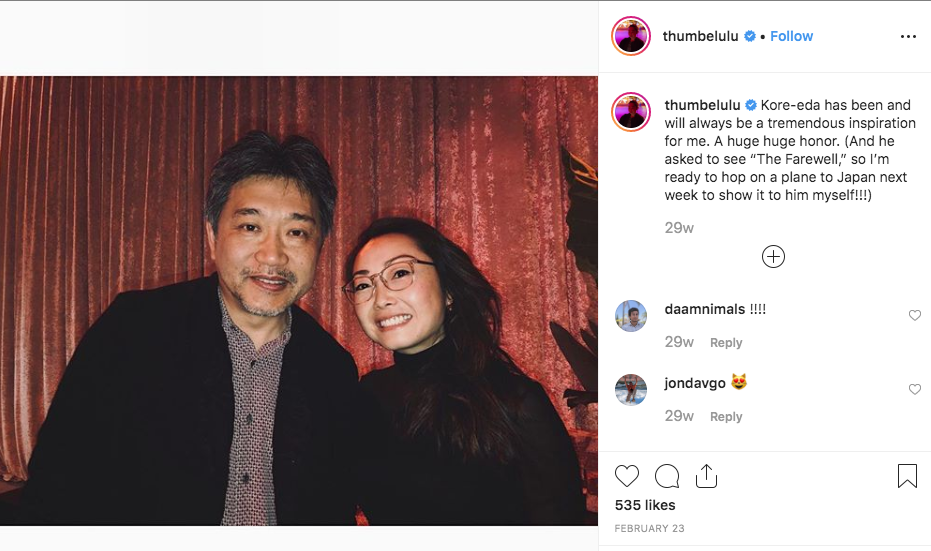
Do you remember thinking back at the time – there’s a movie in this?
Yes it definitely happened in the moment. I’ve always thought that my family would be good subjects for a film because they’re funny and tragic and all of these things at the same time, so when this happened to me and they told me about my grandma and that we weren’t going to tell her and that we’d go back for this reunion, I thought, oh my God this is such a typical thing for my family, this is so typically them. Also it’s such a high-concept, like, what’s going to happen? What are we going to do? What am I going to do? So it had this very dramatic conceit.
The balance between pathos and comedy is brilliant, and there’s a light touch to this. How was it finding that balance?
It comes very naturally to me, but also there was a conscientious balance of not wanting to be too funny in one half of the movie and then too sad in the other. I have a natural sense for when things get a little too dreary, there’s some kind of a joke in there. I don’t mean joke in the classic sense, a screwball joke or a slapstick joke, but there was something that undercuts the drama. I also think that contrast of humour and pathos makes you laugh more when you’re laughing through the tears, and when you’re crying through the laughter, it almost heightens the emotions.
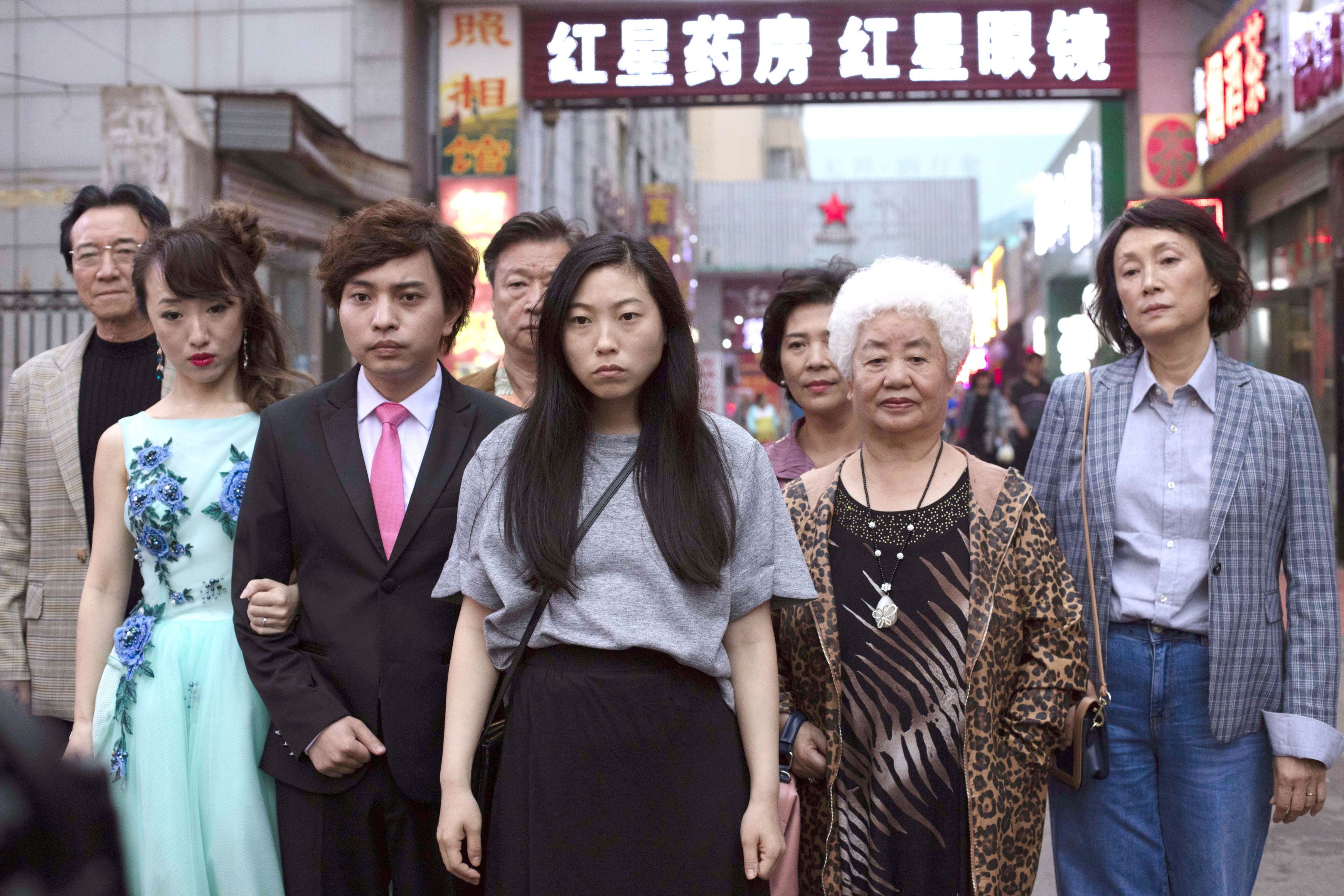
Awkwafina carries that tone, she’s the heartbeat of this movie. You must’ve been thrilled she signed up to this project?
Yeah, she really resonated with the script and we talked about it a lot because she was raised by her own Chinese grandmother, and I knew that I wouldn’t have to direct her comedy. I knew that she’d have a natural sense of rhythm and humour. Then she sent in a self-taped audition and on the tape I saw that she had all of this raw emotion and she didn’t have to do a lot to express all of these emotions, so working with her I was super excited because it was really just about getting her to do less. In so many of her other roles she was always performing, putting on this performance but because she has such range naturally in terms of empathy as well as humour, that actually if she just did nothing she would be funny enough and have enough expression on her face, so if anything it was more about pulling her back to just be.
It feels very authentic, and very much like the story you wanted to tell. Was that something you felt you had to fight for? There can be an inclination in Hollywood to whitewash stories. Did you have to deal with any of that yourself?
Yeah, when I first started pitching that definitely happened. This is where the film ultimately didn’t get set-up, because they were pitching different ideas, wanting to change things, what if they all spoke English? What if they lived in America? Even Chinese producers were saying Billi shouldn’t be the man character if we market it for a Chinese audience. Ultimately I knew I wanted to tell the story from a very specific place, which is my perspective of being in between two cultures, so it wasn’t until I did This American Life as a podcast that the right producers came along. I said I wasn’t going to make any of these compromises and if they wanted to partner with me to tell this story it had to be from my perspective, which means it was going to be bilingual, it’s going to be subtitled, it’s going to be an all-Asian cast. They were like, of course, they wouldn’t have wanted to change those things because they’re the same things that drew them to the story. So with the right producers it became a lot better, then after that because we were all on the same page and we saw the same movie, it became a matter of communication. Sometimes there would be a no, and it was not always clear whether it was what was best for the story, or whether it was a cultural no, something they didn’t quite understand. Did they not understand because the writing was not clear? Or was it because they’re not from where I’m from? So do I pander, do I explain it for you because you don’t get it? Or do I just make it? Does it matter? So it was navigating all of those questions myself and talking to other people who were Chinese-American and asking them to read the scene to see if it made sense to them, to find out why they didn’t get it, and I think that was a helpful process.
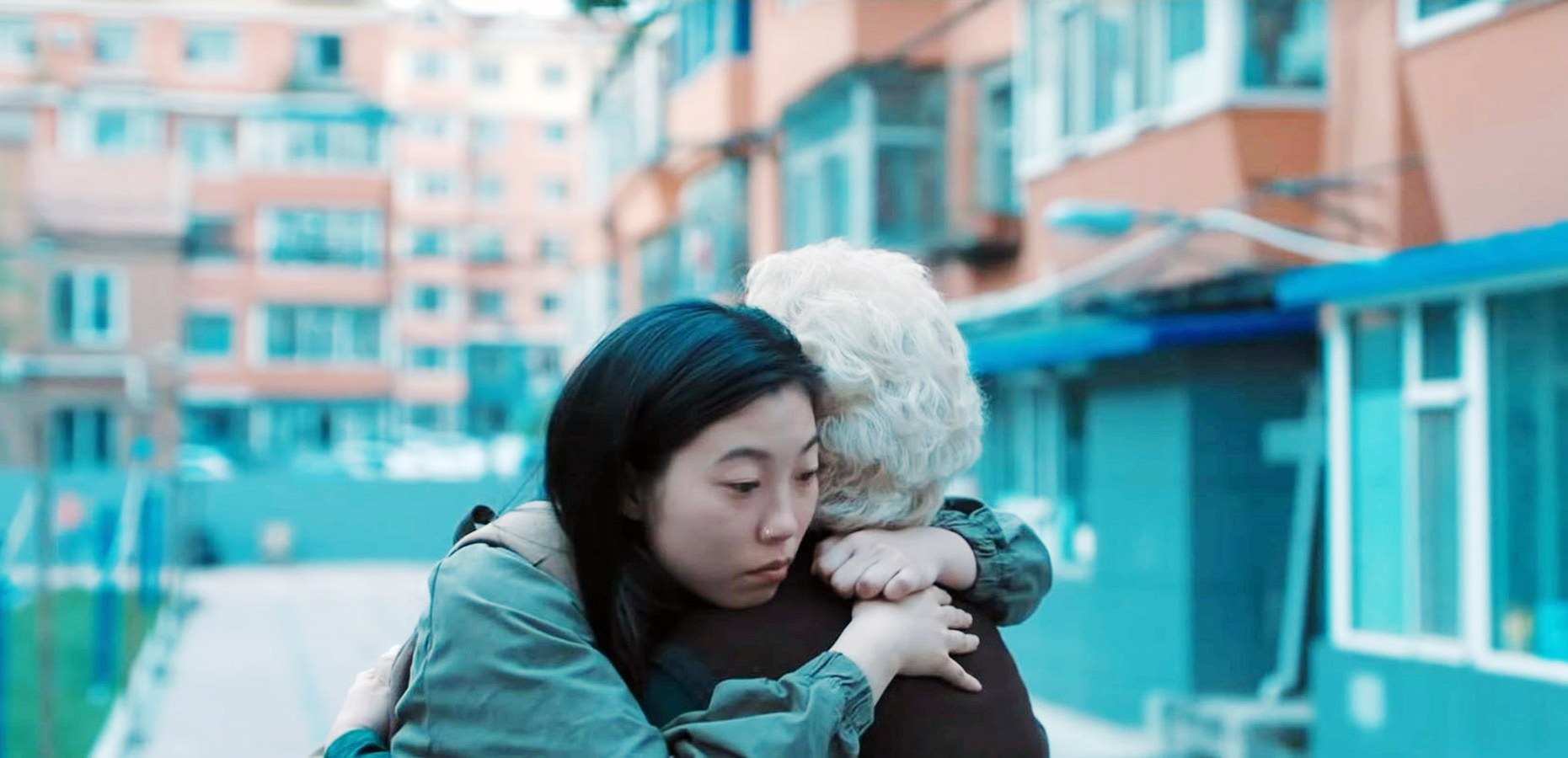
This time a year ago Crazy Rich Asians became a sensation at the box office. Have we reached a point in Hollywood where studios simply can’t deny these stories being told? If studios were ever worried they couldn’t bank on movies without white actors, that’s proven to be nonsense.
Yeah absolutely, but I also think it’s important that while box office dictates what audience want, and what studios green-light, it’s dangerous to take one example of a film that does really well and say ‘look it’s successful and therefore we should make more of these films’. Because then on the flip-side they can do the same thing, and if one of these films flops they can say ‘well nobody wants to see Asian films anymore because this one flopped’. You know? I just don’t think it’s that black and white. And I also think that there is no formula at the end of the day, it’s becoming less and less formulaic and there’s a huge divide in the big Marvel superhero franchises and then everything else. That divide, that gap is so wide there is no formula, so it forces people to just, hopefully, find authentic stories and new, fresh stories from fresh perspectives.
Adele Lim dropped out of the sequel over pay disparity too, so it proves there’s still a long way to go yet.
Yeah, absolutely. Exactly.
You mentioned Marvel – now a few years ago I would rarely pose this question to independent filmmakers, but it feels like it’s a move people are making. Is it something that would ever interest you as a filmmaker, to try your hand at a big-budget studio movie?
Yeah I think if it was the right movie I would definitely consider it. For me it’s never about the scale of a project, I’m not intimidated by that at all, I would find it fun and interesting to explore a different genre and a different sized project. But at the same time I also feel like I’m still developing my voice as a filmmaker and that I want as much freedom as possible, so for me it’s about the kind of lifestyle that I want as an artist and the kind of control I want to have in order to not be put into boxes. Not to make a film by committee, but to have an auteur voice in whatever I do.
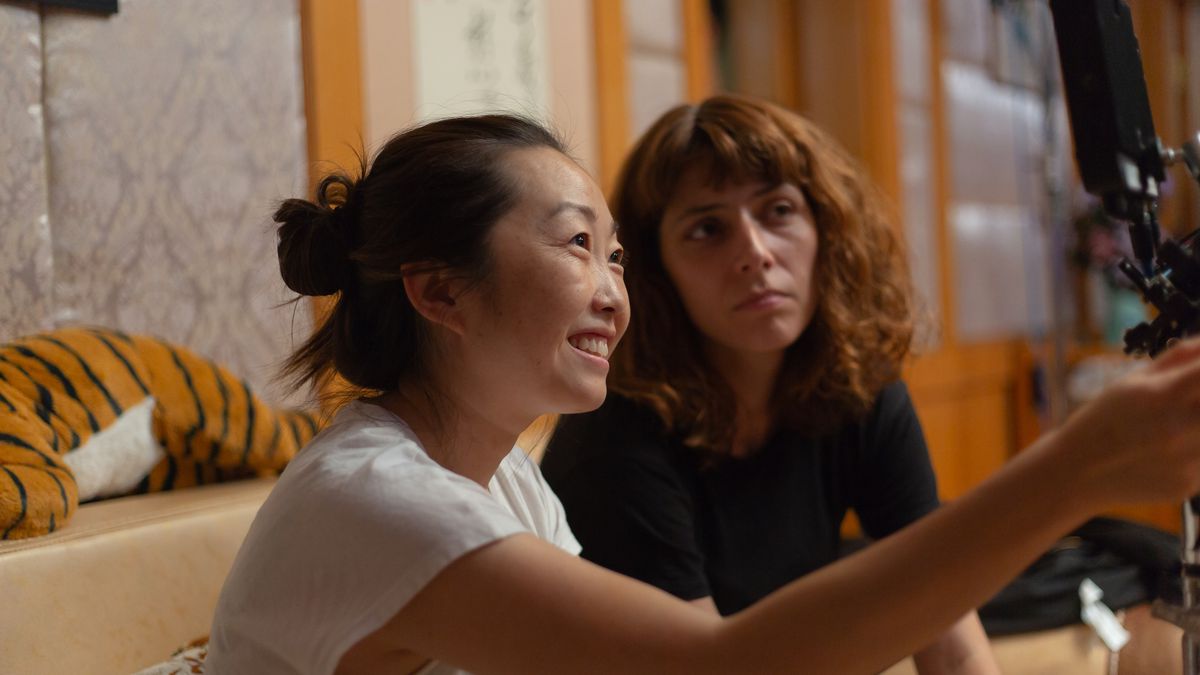
Have you started developing your next project yet?
Yeah I’m working on a sci-fi project next. I’m starting to work on it. It’s Called Children of the New World. It deals with virtual reality and it will definitely be venturing into a new genre for me, but still asks questions about relationships and family and continues to explore the different dynamics of family within a modern world.
How have you found it getting the project off the ground as opposed to The Farewell? Not only because The Farewell has been so well-received, but also because it’s been a genre movie I imagine it’s easier to get off the ground than telling a more personal story?
I think it’s been easier both because it’s a genre film, and also because of the success of The Farewell. I think the genre film is easier to pitch because it’s a genre film, and in some ways elevated, right? Genre, well, sci-fi, just tends to be high concept. I also think it’s not a film anyone would’ve let me make before The Farewell because it is a more expensive film to make with a higher budget, and in terms of visuals, the execution of the visuals is challenging. It was a fairly easy project to set-up, the challenge of it is more just figuring out my own approach to it.

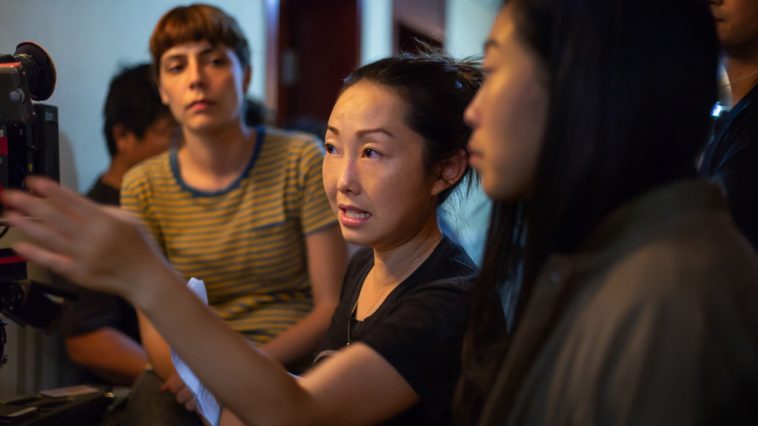





















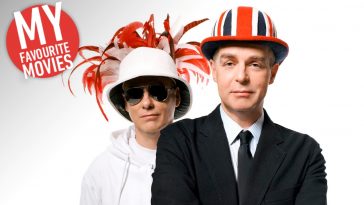


Leave a Comment